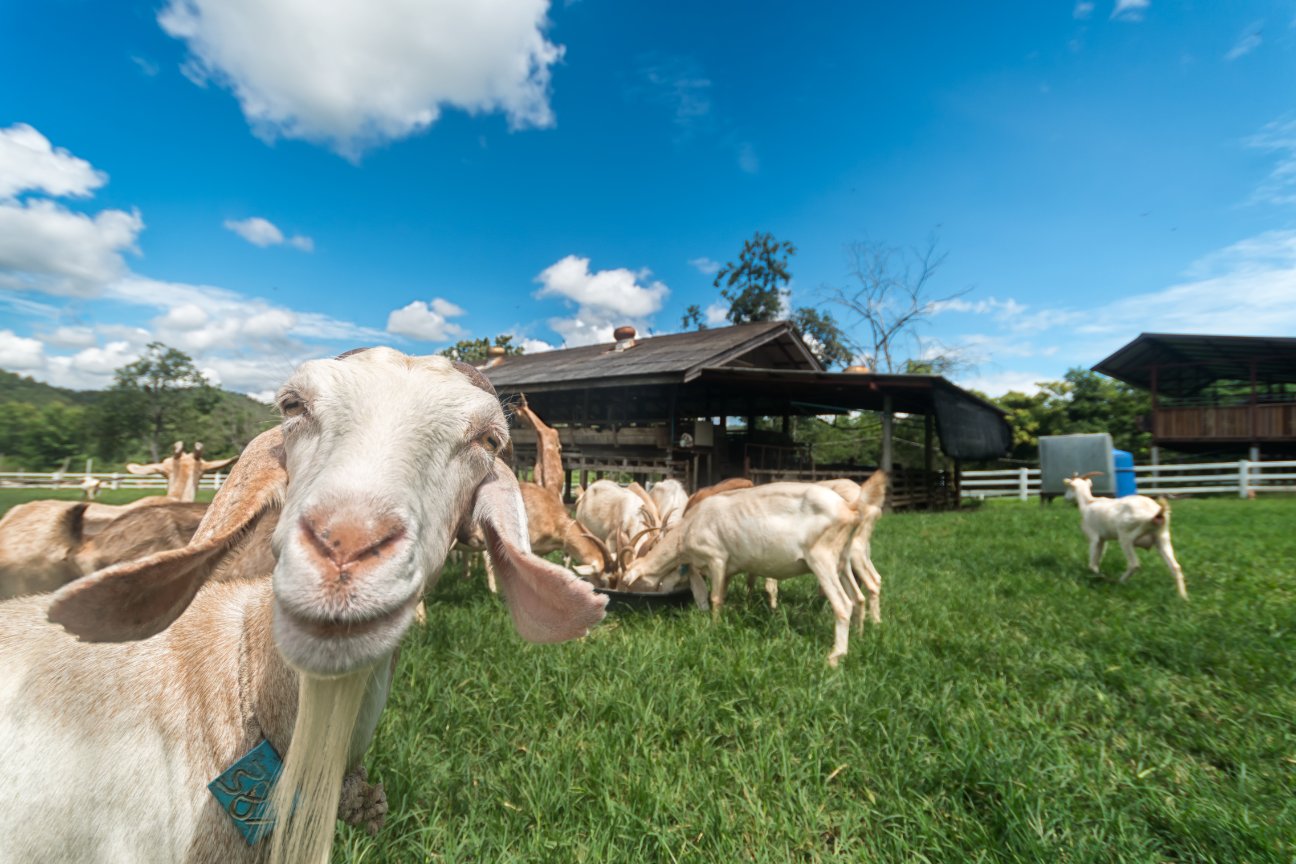As a co-creator behind The COnscious COmmunity, as well as the Co-Founder of The CoCo Market, it has been my interest to read about farming, from the point of view of the organic movement. My interest in organic food grew from my interest in quality ingredients, and it was this interest that also fuelled travel to Italy, where I spent 6 weeks in 2016, living and working on different organic farms.
I have a severe weak spot for dairy and cheese in particular, and one of the farms I would be working on was a goats’ cheese farm. I knew I was going to be stepping into the real world, understand the whole story behind dairy farming and I went with the dread that this may be the end of my romance with cheese. I decided to go through it anyway because one must be fully aware of where food comes from, which automatically must influence one's food choices.

Image Courtesy- DW2630-Shutterstock
I must say that my time at the goats' farm was most enjoyable; the most important priority was the well-being and health of the animals. They were actively grazed for 6 hours of the day when they were walking all over the mountains, where they could pick and choose the food they wanted to eat. Grazing is a fantastic way of ensuring that the animals have a healthy and diverse diet, and you rely on an animal’s own ability and instinct to identify food that suits the animal's state of being, while also considering weather, seasonality, etc. Furthermore, grazing ends up contributing to the maintenance of natural pastures, the soil is fertilised naturally, and the various plants that make up the pasture are kept on balance thanks to the eating patterns of the animals.
It's a state of balance that with the environment, the animals in question, and the farmers who manage to earn a living through the whole process. Traditional animal husbandry of this sort is time consuming, but in no way reeks of animal cruelty that animal farmers are usually accused of. I am sure similar observations could also be made of other kinds of traditional animal husbandry practices. Why, I would apply the same argument to the chicken I have in my backyard back home, who are free to roam, have diverse and wild foods to forage for and give me the best quality of eggs.
I'm not even remotely claiming that the meat/poultry and dairy industry is cruelty-free. Industrial animal farms where animals are packed in cages, fed an unnatural diet and left with no room to move or breathe are cruel and unkind - these businesses should never be supported and as consumers, it is largely our responsibility not to aid them. I would, however, argue that industrial farming for mono-crops like corn, soya and grains are equally cruel. Destruction of natural habitats, pesticides that kill birds and bees, pollution of water sources and industrial farming waste - industrial farming of any sort wreaks havoc and causes damage to wildlife and the environment.
My experiences in organic farms have changed the way I look at food. I think it's time we start knowing where our food comes from, and stop supporting the industrial food production system, whatever it is we may choose to eat. Happy farms make me happy, and by choosing to support them I'm glad I'm doing my bit to create happy spaces!